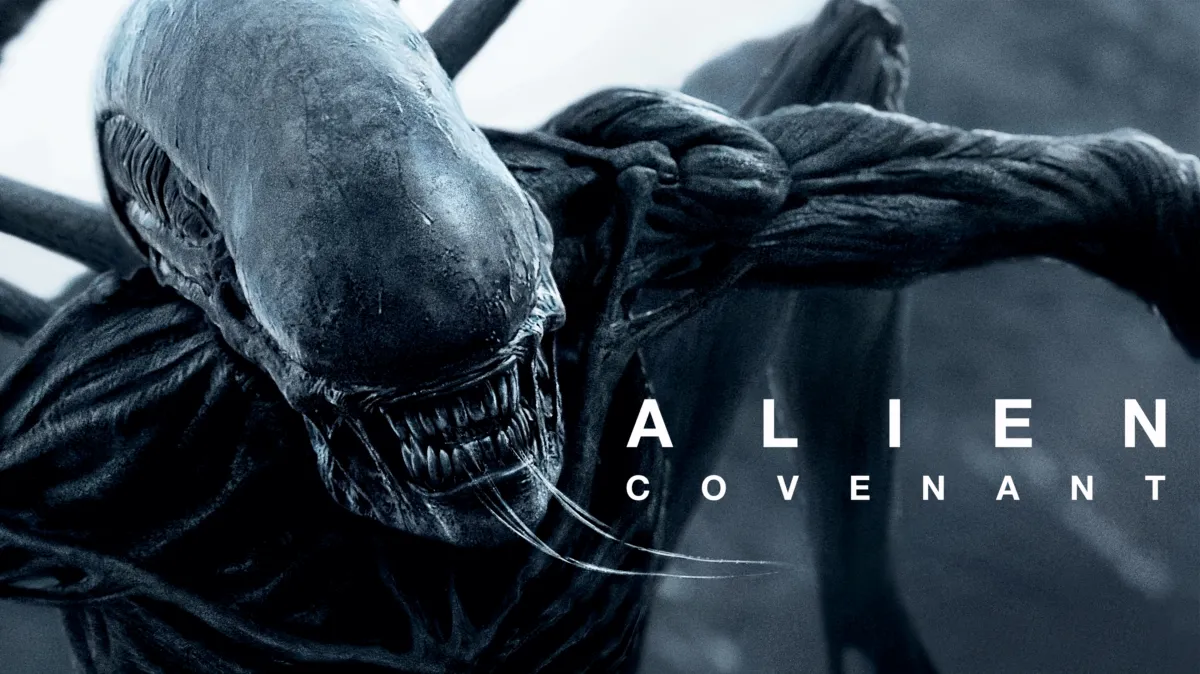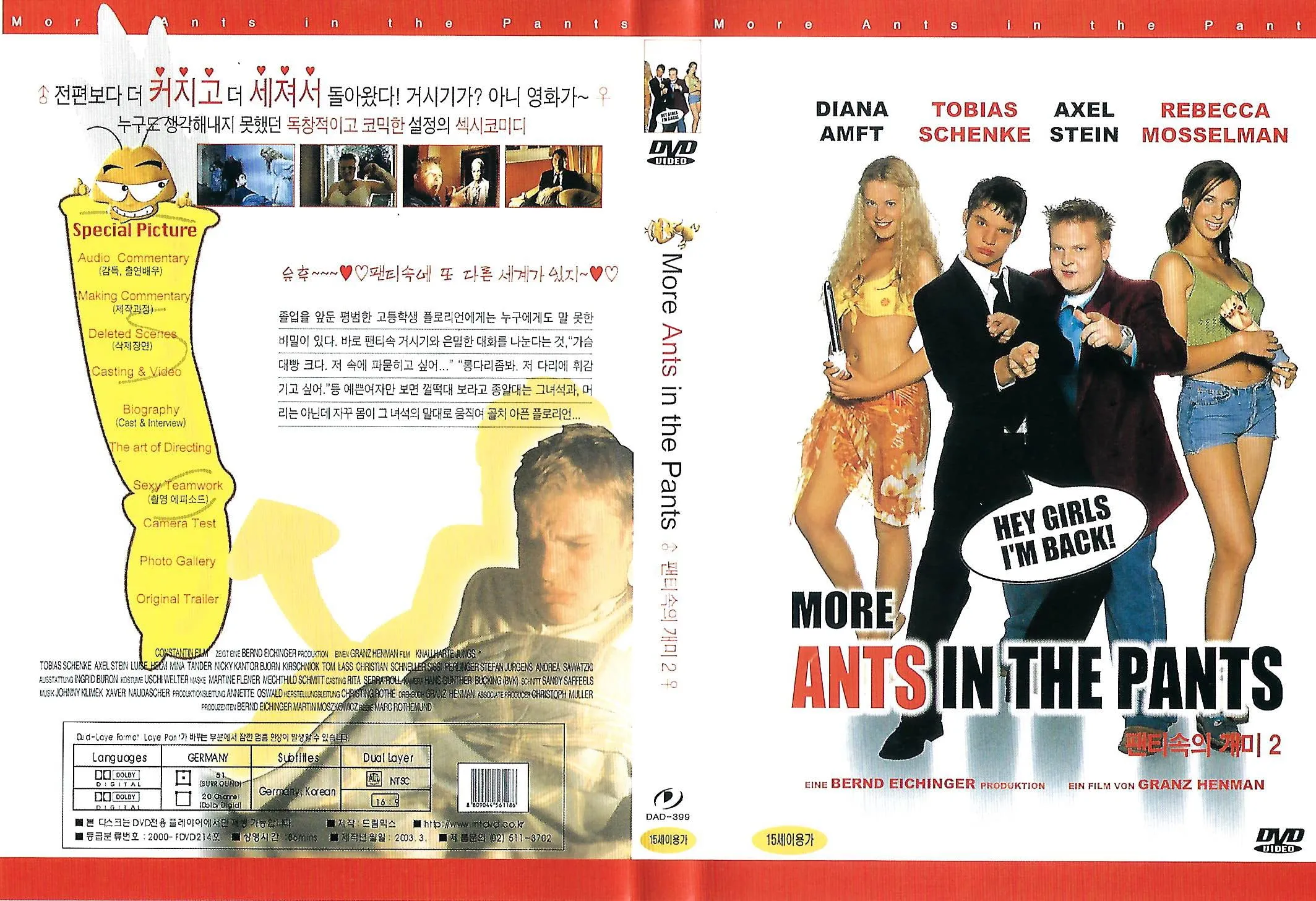Hero (2002): A Cinematic Masterpiece of Martial Arts and Philosophy
Released in 2002, Hero is a Chinese wuxia epic directed by Zhang Yimou, one of China’s most acclaimed filmmakers. Starring Jet Li, Tony Leung Chiu-Wai, Maggie Cheung, Zhang Ziyi, and Chen Daoming, the film stands as a landmark in Chinese cinema, praised for its breathtaking visuals, philosophical depth, and intricate martial arts sequences. The movie was China’s official submission to the Academy Awards and went on to receive international recognition, including a nomination for Best Foreign Language Film.
Set during the Warring States period of ancient China, Hero tells the story of a nameless warrior (played by Jet Li) who arrives at the palace of the King of Qin (Chen Daoming). The King, notorious for his ambition to unify the seven kingdoms under his rule, has survived numerous assassination attempts. Nameless claims to have defeated the King’s three greatest enemies—Sky (Donnie Yen), Broken Sword (Tony Leung), and Flying Snow (Maggie Cheung)—and presents their weapons as proof.
The narrative unfolds through a series of retellings, each marked by a distinct color palette and perspective. At first, Nameless describes how he triumphed over the assassins in battle. However, as the King questions his version of events, alternative accounts are revealed, showing deeper motivations and hidden truths. The use of shifting perspectives highlights the themes of deception, sacrifice, and the subjective nature of truth. The final revelation uncovers a greater purpose behind the characters’ actions, elevating the story from one of mere revenge to a meditation on unity and peace.
One of the defining features of Hero is its visual style. Zhang Yimou, known for his painterly approach to filmmaking, employs vibrant color schemes to distinguish the different narratives: red for passion and betrayal, blue for calm reflection, white for mourning and purity, and green for growth and renewal. Each color-coded segment is accompanied by meticulously choreographed fight sequences, blending martial arts with elements of dance and poetic symbolism. Rather than focusing solely on violence, these battles become visual metaphors for emotional and philosophical struggles.
The performances further enrich the film’s depth. Jet Li delivers a restrained yet powerful portrayal of Nameless, embodying both the warrior’s strength and his inner conflict. Tony Leung and Maggie Cheung bring a tragic dimension to Broken Sword and Flying Snow, lovers whose loyalty and ideals ultimately shape the fate of the story. Zhang Ziyi adds intensity and youthful passion as Moon, a disciple caught between vengeance and loyalty. Together, the ensemble cast creates a tapestry of human emotions against the backdrop of political upheaval.
Hero is not only an action spectacle but also a philosophical exploration of heroism, sacrifice, and the cost of peace. At its core, the film challenges the audience to consider the meaning of true heroism—whether it lies in defeating one’s enemies or in laying down arms for the greater good. The conclusion, with its emphasis on unity and the vision of a future empire, resonates as both a patriotic message and a universal meditation on peace through selflessness.

Upon its release, Hero became a critical and commercial success, both in China and internationally. It was one of the highest-grossing foreign-language films in the United States and played a significant role in popularizing Chinese martial arts epics in the global market. Its influence can be seen in later films that sought to combine action, philosophy, and striking visual artistry.
Today, Hero is remembered as a cinematic masterpiece, not only for its stunning martial arts choreography but also for its ability to blend history, legend, and philosophy into a work of art. It stands as one of Zhang Yimou’s most enduring contributions to cinema and remains a defining example of the wuxia genre.



-1751940976-q80.webp)